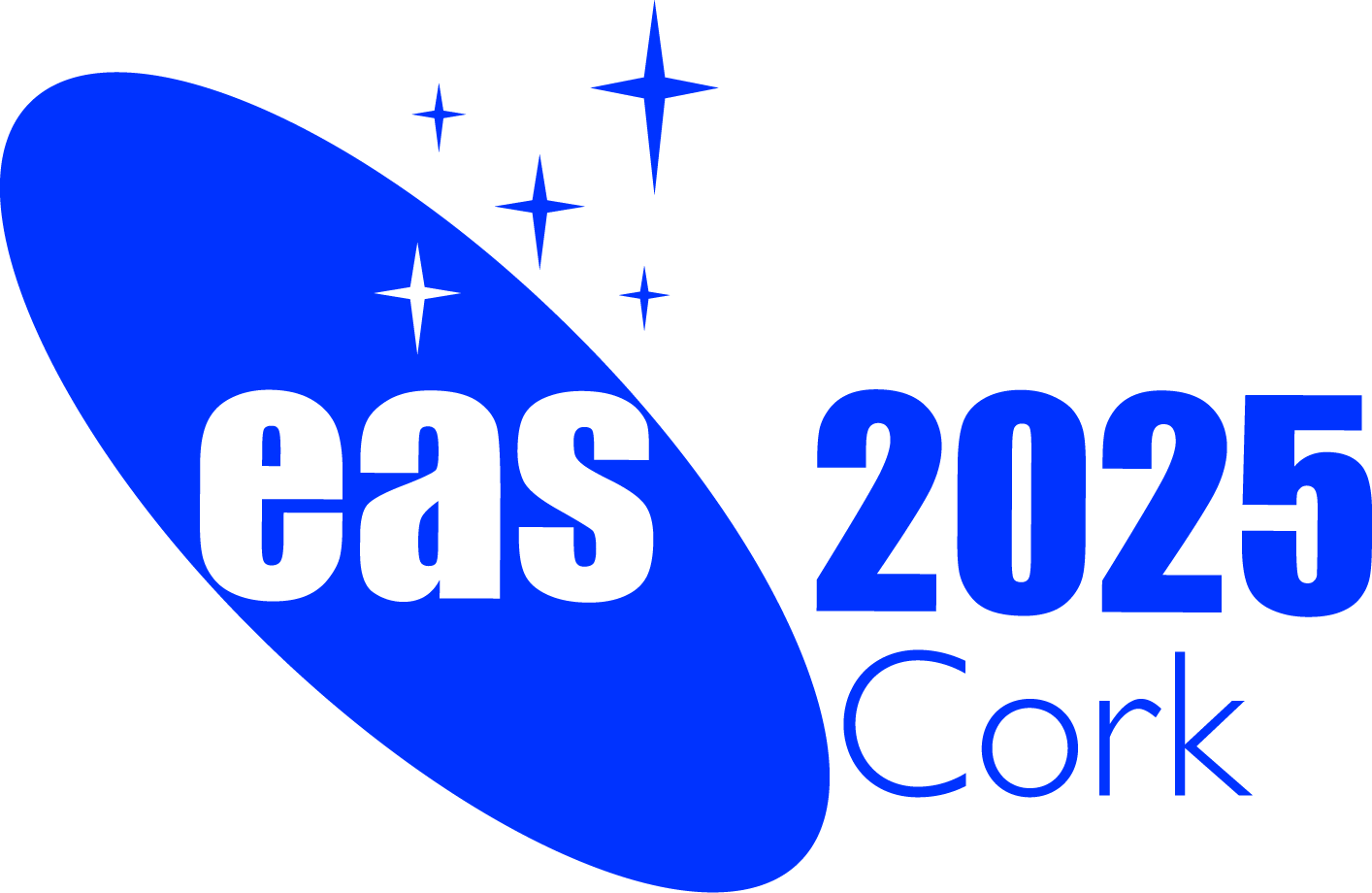
|
European Astronomical Society
|

|
|
|
|
|
|
EAS Job Directory
Find Jobs
| Postdoctoral position in exoplanets: Golden targets for exoplanet atmospheres & exploitation of the CHEOPS space mission | Closing date: 2017-03-01
Contact: David Ehrenreich |
| Applications are invited for a postdoctoral research position at the University of Geneva (Geneva Observatory) working with David Ehrenreich on his ERC Consolidator project about the upper atmospheric characterisation of exoplanets. | | ▸ more | The successful applicant is expected to carry out a research program to find the most amenable exoplanets for atmospheric follow-up using existing facilities (e.g. K2) and upcoming ones (e.g. TESS) and participate to the characterisation follow-up. They will be involved into the scientific exploitation of CHEOPS, which will be used to cherry-pick the very best transiting targets for in-depth follow-up with spectroscopic instruments such as HST, JWST and the ground-based high-resolution spectrographs at large telescopes.
CHEOPS (Characterising Exoplanets Satellite) is an ESA mission that will be launched in 2018. The University of Geneva hosts the CHEOPS Science Operations Center and Project Science Office, providing the successful applicant plenty of opportunities to participate to the science data analysis and mission operations. The 3-year position could be extended upon satisfactory results for 2 additional years, hence covering the whole CHEOPS primary mission (3.5 years).
Setting: The Geneva Observatory offers one of the most vibrant environments worldwide for exoplanet research. Nearly 60 people contribute to the exoplanet team (www.exoplanets.ch), currently including 8 faculty members, 11 postdoctoral researchers, 19 PhD students, and 17 project staff members. Research topics include exoplanet detection, exoplanet characterisation (atmospheres, interiors), planetary system dynamics, and instrumentation. Team members are directly involved into a large number of projects, including photometric instruments (CHEOPS, TESS, PLATO, NGTS), high-resolution spectrographs (HARPS, HARPS-North, NIRPS and ESPRESSO) and direct imaging (SPHERE @ VLT). The exoplanet team is also part of PlanetS (www.nccr-planets.ch), a Swiss research network focused on exoplanetary science, which includes ~130 scientists from the Universities of Geneva, Bern, Zurich and the Lausanne and Zurich Polytechnic Schools. The successful applicant will be able to take advantage of this unique collaborative framework.
The University of Geneva is an equal opportunity employer committed to diversity in its workplace.
Start date is flexible; the position could start as early as June 2017.
Duration: This is a 3-year position, with possible extension to a fourth and fifth year pending on satisfactory results.
Salary: Starts at ~81'000 CHF/year and commensurable with experience, according to rules of the University and Canton of Geneva.
Deadline: Candidates are encouraged to apply by March 1, 2017, but later applications will be reviewed until the position is filled.
Requirements: A Ph.D in astronomy, astrophysics or related fields. An expertise in time-series photometry of exoplanetary transits and/or analysis of data from space telescopes will be highly valued. Praised soft skills are scientific independence and good team playing abilities.
How to apply: The following application materials should be encapsulated within a single pdf and sent to David.Ehrenreich @ unige.ch:
* A curriculum vitae (2 pages).
* A list of publications (no page limit).
* A cover letter (1 page) listing the names of 3 references/referees.
Up to three letters of recommendation should be sent directly to Dr. Ehrenreich by the referees themselves.
|
More resources
Links to other job lists
|

